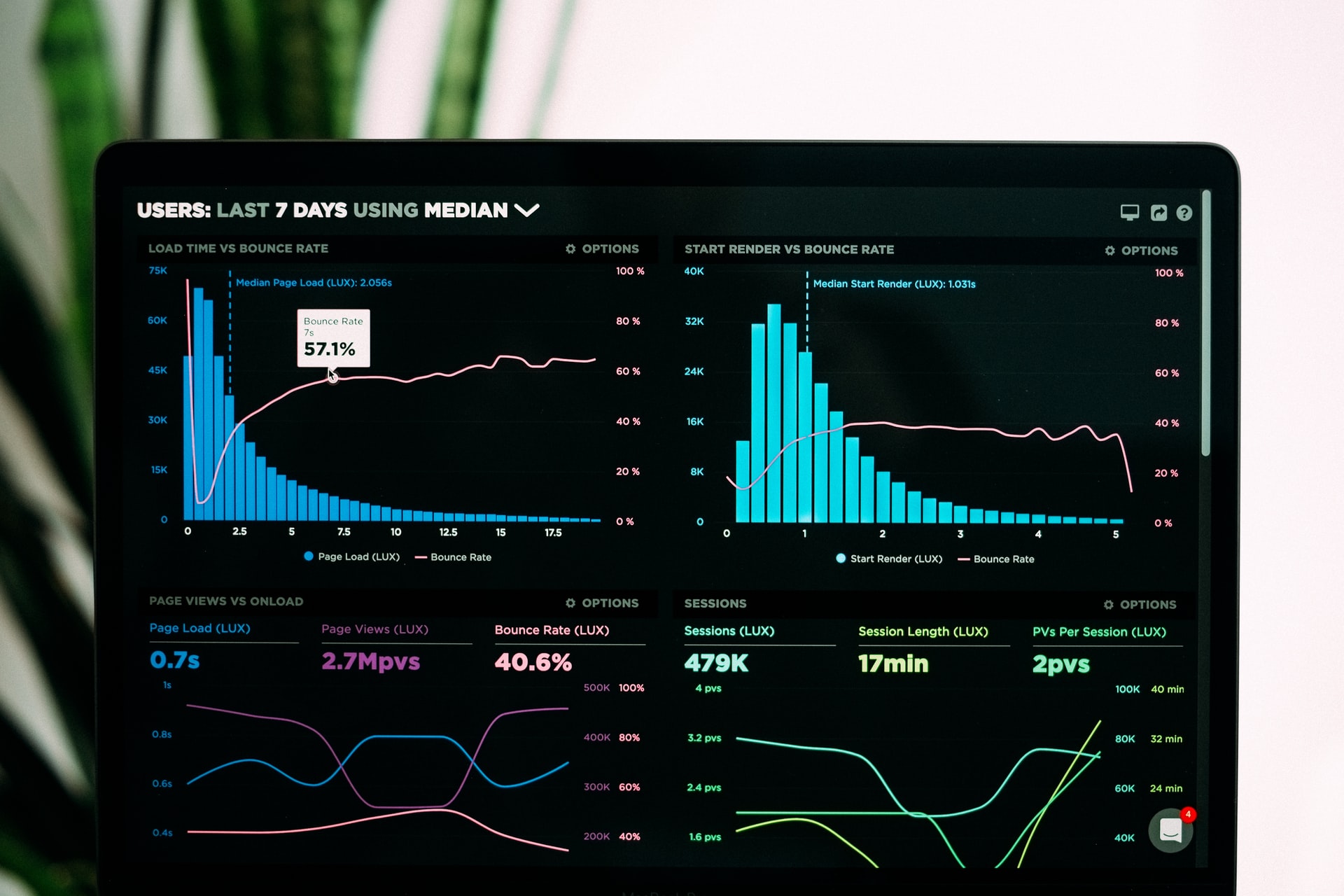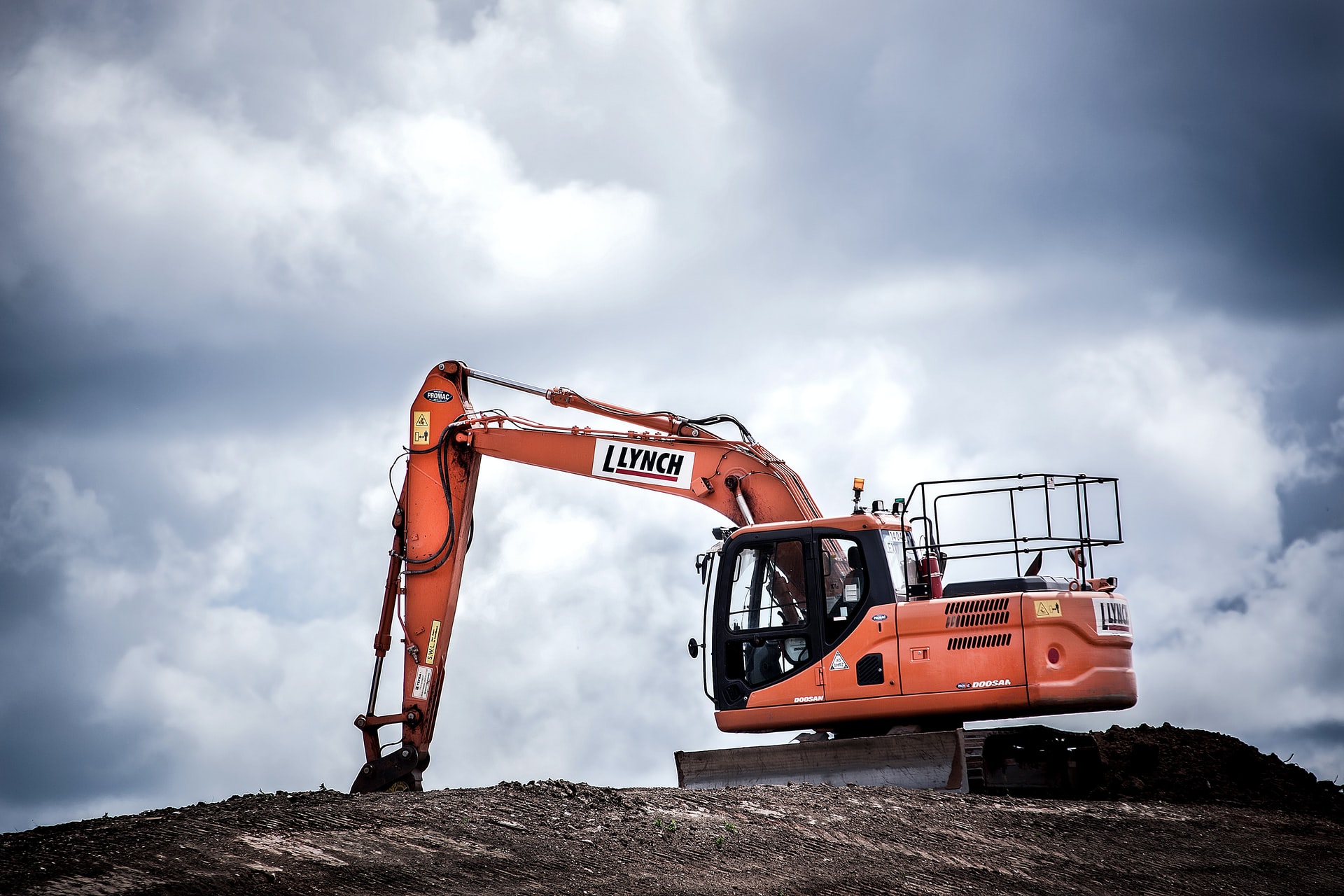Using Robots in Data Collection for Business
Aug 19, 2021
By Shannon Flynn
 Photo by Luke Chesser on Unsplash
Photo by Luke Chesser on Unsplash
Automation comes in many forms. Automated robotics, for example, help in manufacturing facilities during assembly, testing, and various processes. Automated equipment and vehicles are designed to work without human input, whether that’s driving on active roadways or making small deliveries. There’s also robotic process automation. It’s a form of AI and automation for business operations, using something like a chatbot to communicate with potential customers.
Businesses can leverage robotic process automation systems for data collection, customer service, and also to take over more repetitive digital ops and marketing tasks.
What Is Robotic Process Automation?
The robots in process automation are better explained as bots or digital bots, and are instead a form of software tool or application, as opposed to physical machines. They inherently provide efficiency and process improvements by automating tasks.
Bots, since they’re software-based, never grow tired, never get burnt out, and will operate under the defined guidelines and parameters every time. This helps reduce error rates, increase performance, and frees up human laborers to work on more mission-critical and high-value tasks.
You likely interact with the aforementioned bots on a daily or weekly basis, especially if you’re contacting other businesses online or through digital channels. There are Facebook chatbots, for instance, that will answer customer questions, research various details, and connect people to live customer service representatives. However, that’s not the only use for robotic process automation.
Using RPA in Data Collection for Business
Consider a manual data entry or transcription process. The information comes in, whether from the customer, a support rep, or a digital system, and enters a database. At its most basic, the database might be a spreadsheet, or it might be managed through a proprietary application. That data then resides within the database until it is needed or referenced later. In a majority of situations, when the data is collated, it’s rarely touched or looked at again.
Robotic process automation can extract even more value out of that stored and collated data. That’s because RPA isn’t just about collecting, organizing, and storing information. It comes with tools to analyze and extract insights — with something like machine learning and cognitive neural networks. It’s a relatively young field, but data analytics is already a powerful ally to businesses and organizations big and small.
When a bot is recording or storing information, it can also be organized in a way that’s more conducive to AI and big data solutions. Ultimately, that mitigates the potential for errors, increases the accuracy of data, and reduces costs — no manual data entry is necessary.
There are many additional benefits, too. Data backups are much simpler and safer with RPA systems. The data that’s collected can be made available to the RPA applications, especially when it comes to serving repeat customers in the future. Finally, all of that information can also empower and automate the e-commerce side of the business.
Imagine a customer who doesn’t sign up for a monthly subscription to a product, but continues to purchase that product every month at the same time. The system could verify that contact, alert a company representative, and empower a small campaign to bring them on board with a monthly subscription. Not only does that lock in new and lucrative opportunities, but it also serves the customer and provides them with a better experience.
Common Challenges of Data Collection
We are in the digital age, which means business data is often one of the most precious assets. For small businesses, this is amplified, because their customer install base is much smaller, as is their service area.
McKinsey Analytics highlights that 50% of business respondents agree big data has fundamentally changed business practices in sales and marketing for the better. Data has the power to elevate the business in many ways. Collecting it can be challenging, especially for smaller operations with limited manpower and resources.
But the data is only valuable if it’s accurate, stored correctly, and accessible. When it’s entered manually, many challenges arise. It’s also a common misconception that SMBs cannot afford automated support. There are many providers out there that will work with small operations and offer competitive rates. They’re often referred to as plug-and-play automation solutions.
Some challenges of manual data entry include:
- Incorrect data formats
- Inaccuracies
- Typos, basic errors, and wrong field entries
- Duplicate field info or data points
- Overwritten fields
In addition, the data may be spread across multiple sources, making it nearly impossible to sift through all of the accumulated information in one sitting. RPA and big data solutions can unify all of that digital content for seamless access.
Robots in data collection and robotic process automation can alleviate these problems by automating the process with accuracy and efficiency. They’re faster, more capable, and less prone to errors or accidents.
Why Is RPA Good for Business?
Robots and robotic process automation solutions eliminate many of the challenges and requirements of manual data entry, freeing up workers to handle more complex tasks, and in most cases, allowing SMB owners to forgo hiring in-house data entry personnel.
It also opens the door to big data technologies, including AI and machine learning platforms. Those data-driven solutions can access the collected and processed information to extract insights and empower action. It can do something as simple as sending a reminder email to customers who left goods in their online shopping cart, to more complex tasks like solving customer service issues through live chat. In both scenarios, the tools gain additional power through data.
Integrating RPA with chatbots can empower many tasks that are commonly managed by humans, like license renewals, property registrations, customer service, and more. It is the future of business and will help small operations compete at scale like never before.
Discover more about Business and Robots with RobotLAB!

About the author











 Too much to read? Don't have time?
Too much to read? Don't have time? 

.webp?width=124&height=124&name=image%20(1).webp)
.webp?width=169&height=87&name=image%20(2).webp)













